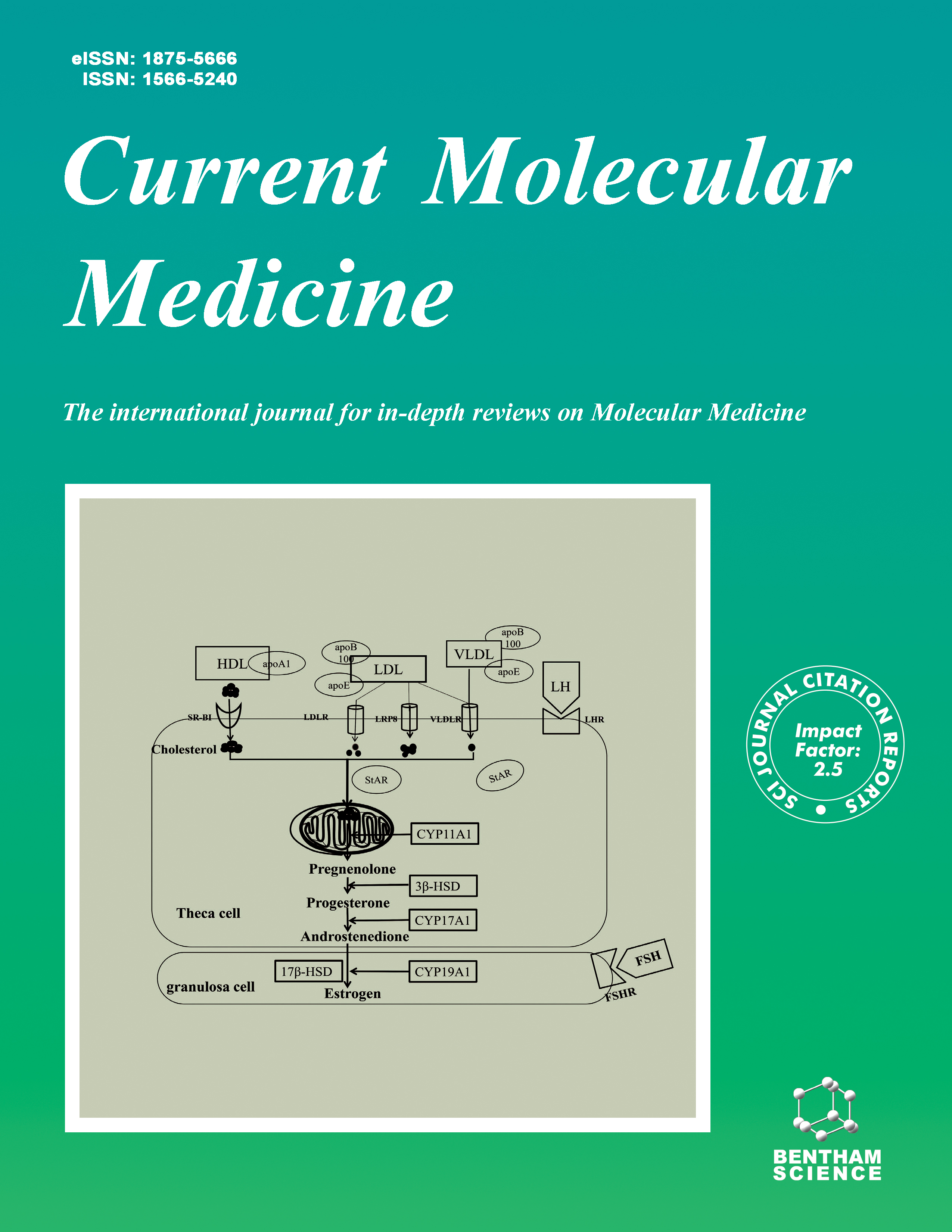
Full text loading...

Breast cancer is a heterogeneous disease and highly prevalent malignancy affecting women globally. Breast cancer treatments have been demonstrated to elicit significant and long-lasting effects on various aspects of a patient's life, including physical, emotional, social, and financial, highlighting the need for comprehensive cancer care. Recent research suggests that the composition and activity of the gut microbiota may play a crucial role in anticancer responses. Various compositional features of the gut microbial population have been found to influence both the clinical and biological aspects of breast cancer. Notably, the dominance of specific microbial populations in the human intestine may significantly impact the effectiveness of cancer treatment strategies. Therefore, the manipulation of the microbiota to improve the anticancer effects of conventional tumor treatments represents a promising strategy for enhancing the efficacy of cancer therapy. Emerging evidence indicates that alterations in the gut microbiota composition and activity have the potential to impact breast cancer risk and treatment outcomes. In this paper, we conduct a comprehensive investigation of various databases and published articles to explore the impact of gut microbial composition on both the molecular and clinical aspects of breast cancer. We also discuss the implications of our findings for future research directions and clinical strategies.

Article metrics loading...

Full text loading...
References


Data & Media loading...